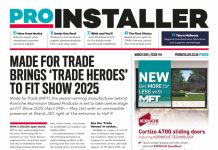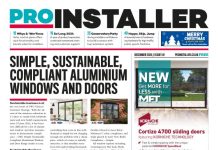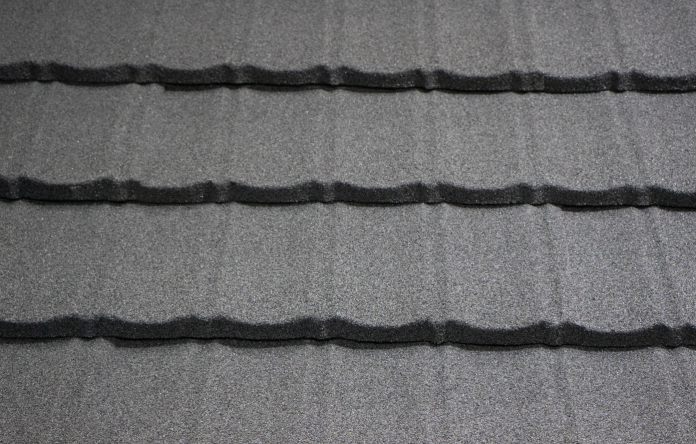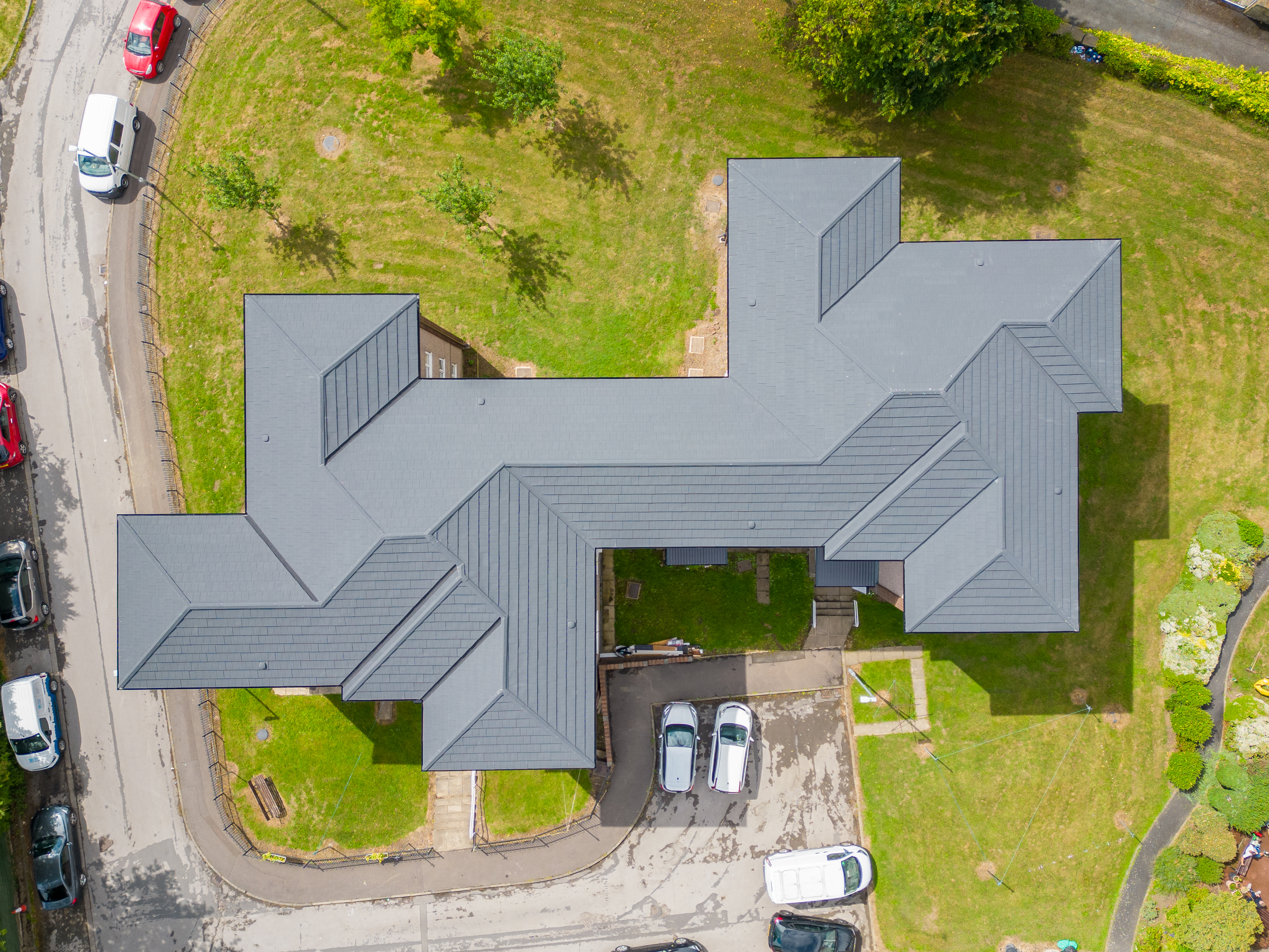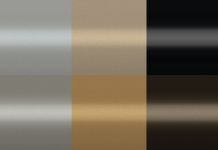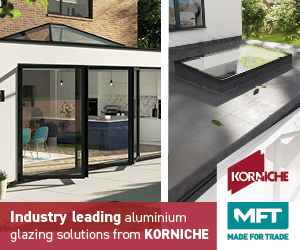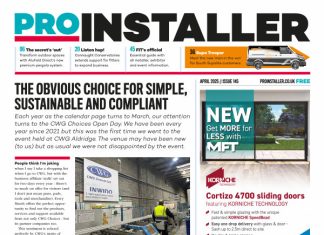The history of lightweight roofing is a tale of innovation and progress, marked by the conception of the brand that made it possible. Just as Hoover is to vacuum cleaners, DECRA stands as the eponym brand that has left a lasting mark on the world of roofing. Over time, the evolution of roofing materials and techniques has been a testament to human innovation, combining artistry and engineering to protect homes and structures from the elements. However, it was DECRA that set a new industry standard, creating an era of durability, aesthetics, and innovation that transformed not only the roofs over our heads but also the way we envision the very concept of roofing itself.
By looking at the innovation timeline, the roots of DECRA can be traced to New Zealand native, Mr. L.J. Fisher. While in Britain, Fisher encountered Mr. Ben Booth’s road tar and crushed stone coated tiles and recognised their potential saleability. Combining his industrial acumen with this innovative concept, he developed the first ‘Decramastic’ metal tile in 1957, marking the beginning of the ‘DECRA roof concept’ and the renaissance of the lightweight roofing industry.
DECRA’s success did not go unnoticed. The 1980s saw further innovation as DECRA replaced the bituminous emulsion with an acrylic barrier coating system, known as ‘Decrabond.’ This coating was designed to withstand the harmful effects of UV light, making DECRA roofs even more resilient.
The 90s saw a second renaissance with the rise of more lightweight roofing manufacturers. Metrotile began distributing stone-coated pressed metal tiles to the European market, and Tileform UK rebranded as Britmet Tileform in 1995 and introduced the only British-made, lightweight metal panels to the UK marketplace. Britmet developed further tile profile designs, including double roman, rosemary, and composite slate tiles made from 94% recycled polymers.
Fast forward to the 21st century, and the DECRA brand recognition still remains strong. However, while the DECRA name is visible in the market, the original product is no longer available in the UK. As a result, Britmet emerged during the early 1990s as the leading manufacturer of lightweight roofing products in the UK.
If you are asked for DECRA or have a project that’s ideal for a lightweight, low-pitch solution, you can rely on Britmet’s durable, sustainable, British-made solution. From a classic Roman-style tile to an authentic slate look, Britmet has a wide range of profiles to choose from, designed to last a lifetime.



